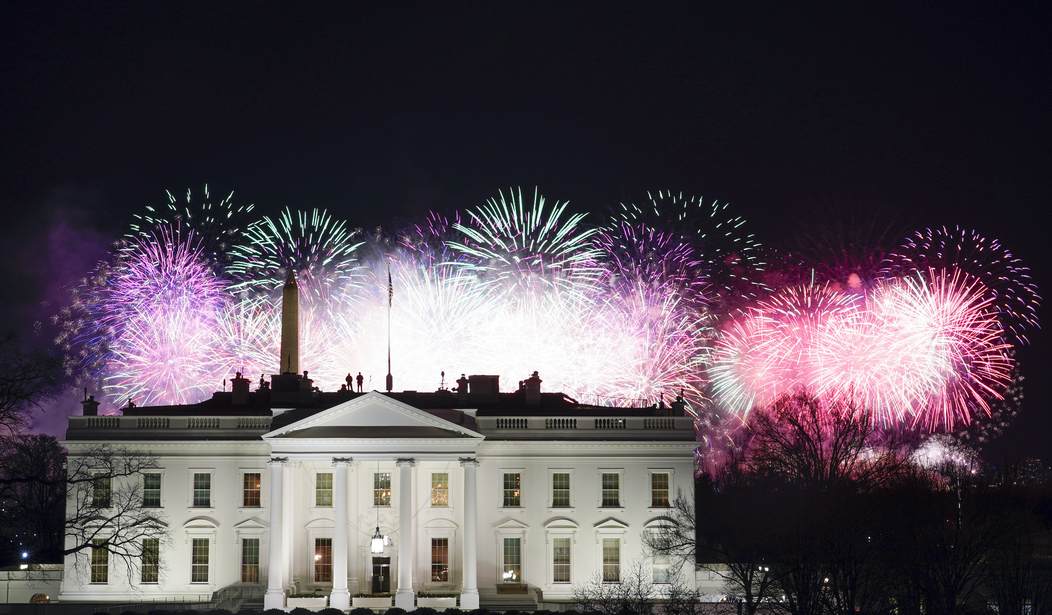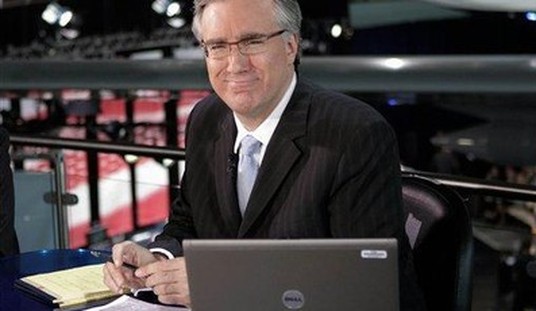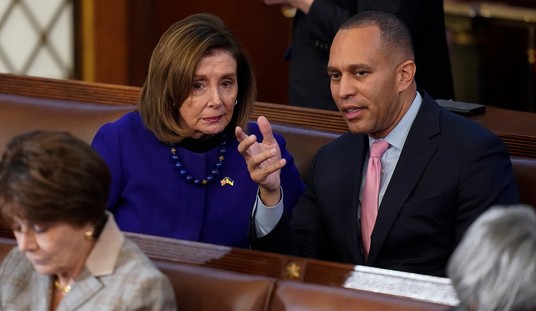Your vote in this election will become part of a thread woven throughout America’s providential history stretching back to the Constitutional Convention of 1787. Curiously, the official papers of that convention were cloaked in deep secrecy until released by the U.S. State Department in 1818. With their disclosure, we see reminders of God’s sovereign actions and providential care in the birth and preservation of America. Against all odds, George Washington finally secured America’s independence from Great Britain on the battlefield at Yorktown. In the years after the war, the storied halls of Philadelphia became the battleground for creating the structure of America’s governing system. After nearly five weeks of deliberation, the Constitutional Convention became deadlocked. Rising to the occasion, Dr. Benjamin Franklin addressed the assembly:
“In this situation of this Assembly, groping as it were in the dark to find political truth, and scarce able to distinguish it when presented to us, how has it happened, Sir, that we have not hitherto once thought of humbly applying to the Father of lights to illuminate our understandings? In the beginning of the Contest with Great Britain, when we were sensible of danger, we had daily prayer in this room for the divine protection. Our prayers, Sir, were heard, and they were graciously answered. All of us who were engaged in the struggle must have observed frequent instances of a Superintending providence in our favor. To that kind providence we owe this happy opportunity of consulting in peace on the means of establishing our future national felicity. And have we now forgotten that powerful friend? I have lived, Sir, a long time, and the longer I live, the more convincing proofs I see of this truth—that God governs in the affairs of men. And if a sparrow cannot fall to the ground without his notice, is it probable that an empire can rise without his aid?”
Benjamin Franklin proclaimed God’s sovereign authority over His creation, and then called the delegates to prayer. Not bad for a supposed Deist. While the purpose of the Convention was to secure the blessings of liberty set forth in the Declaration of Independence, Franklin on that day advocated what might be called a declaration of dependence. A dependence on the divine protection and providential care of Almighty God. The season of prayer that followed marked a turning point, leading to the constitutional republic we have today. Yet only 27 years later, that new government was tested within an inch of its life.
Recommended
On September 13, 1814, British naval forces began the bombardment of Fort McHenry, which protected the entrance to Baltimore harbor. After burning the U.S. Capitol Building and the White House in August, the British aimed to capture Baltimore, then the third largest city in America. A day earlier, a combined force of British officers, sailors, and Royal Marines were set ashore to attack Baltimore by a land route. Initially unopposed, the British advance was stymied by reinforcements of the Maryland Militia, which soon outnumbered the British forces. It was clear the Americans could only be dislodged with strong naval support, hence the imperative to destroy the large star-shaped fort.
Commanding Fort McHenry was Major General George Armistead, who a year earlier had commissioned a new garrison flag for the fort. The massive flag measured 30 feet by 42 feet, with fifteen red stripes (one for each state in the union at that time) and fifteen stars set on a field of blue. The bombardment that began that morning lasted 27 hours, with more than 1,500 cannonballs, mortars, and rockets fired at the defenders. One new innovation was the so-called Congreve Rockets, which were outfitted with timing devices—some of which misfired, hence the later-noted “bombs bursting in air.”
Anchored among the British fleet was an American truce ship (the USS President) sent to negotiate a prisoner exchange and the release of Dr. William Beanes, who was taken captive by the British outside Washington. Leading the negotiations were Colonel John Skinner and Georgetown attorney Francis Scott Key. The arbitration was successful, but the three Americans were forced to stay onboard their ship until the battle ended. Of the battle itself, Key later wrote: “It seemed as though mother earth had opened and was vomiting shot and shell in a sheet of fire and brimstone.” As darkness descended, Key saw the fort only dimly by the fiery red glow of the projectiles.
In the pre-dawn hours of September 14th, visibility was low, as smoke from the battle still hung over the harbor. Francis Scott Key had already written the first stanza of what we now call the Star-Spangled Banner during the overnight bombardment:
O say can you see, by the dawn’s early light,
What so proudly we hailed at the twilights last gleaming,
Whose broad stripes and bright stars through the perilous fight,
O’re the ramparts we watched, were so gallantly streaming?
And the rocket’s red glare, the bombs bursting in air,
Gave proof through the night that our flag was still there;
O say does that star-spangled banner yet wave,
O’re the land of the free and the home of the brave?
In the pale early morning light, that last verse remained an open question: Was the flag of the fledgling nation still waving? As if in reply, at dawn the defenders lowered the battered storm flag and raised the massive garrison flag in defiance for all to see. And the Stars and Stripes continue to wave over Fort McHenry—and over our nation to this day.
Later that morning, exhausted from the long battle and low on ammunition, the British released the three Americans and departed for New Orleans, where they would be defeated by the American forces led by Major General Andrew Jackson.
After their release that morning, Francis Scott Key, Colonel John Skinner, and Dr. William Beanes made their way into Baltimore where Key added additional stanzas to the anthem. The fourth stanza remains the clarion call echoing down to our day:
O thus be it ever, when freemen shall stand
Between their loved homes and the war's desolation.
Blest with vict'ry and peace, may the Heav'n rescued land
Praise the Power that hath made and preserved us a nation!
Then conquer we must, when our cause it is just,
And this be our motto: 'In God is our trust.'
And the star-spangled banner in triumph shall wave
O'er the land of the free and the home of the brave!
In God is our trust. These words from the anthem are emblematic of the providential history of the so-called American Experiment. But reliance upon God is no experiment—it’s an act of faith, devotion, and determination.
Those many years ago, the faithful delegates in Philadelphia were used by God to create our nation. The valiant defenders of Fort McHenry labored mightily to defend it. And the question in our day is the same: Does the American Flag still wave over the land of the free and the home of the brave?
This election has become the hour for us to man the ramparts and defend America. That defense begins at the ballot box.

























Join the conversation as a VIP Member